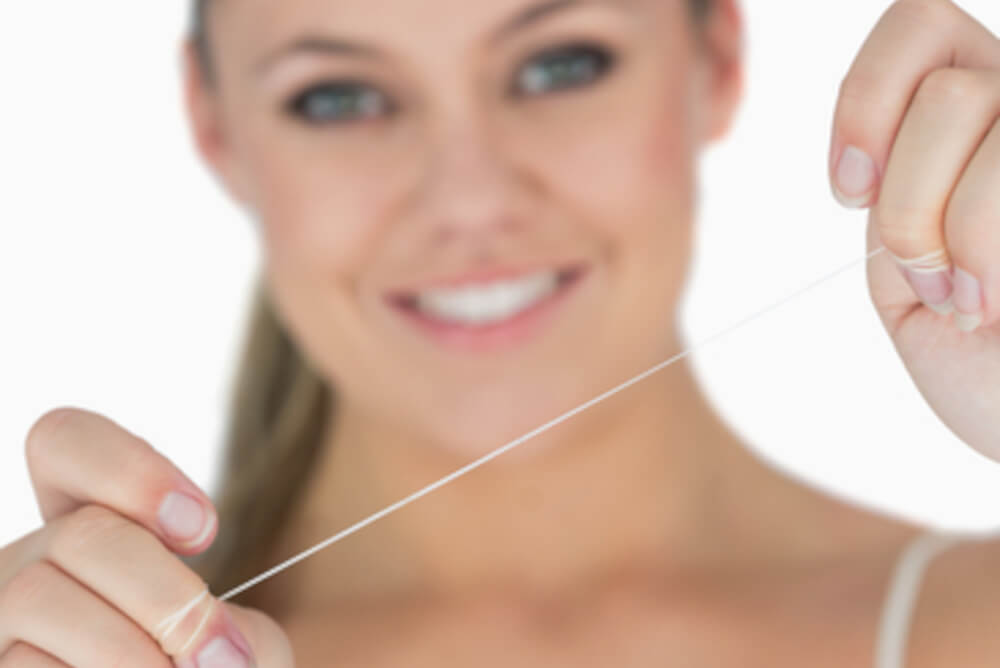Prevention of tooth decay – Tooth decay is one of the leading causes of tooth loss, and its treatment often requires complex dental procedures. Tooth decay occurs when the acids found in plaque erode the natural enamel found on the teeth. This phenomenon can easily be prevented by using proper home hygiene methods.
Prevention of periodontal disease – Periodontal disease is a serious, progressive condition which can cause tooth loss, gum recession and jawbone recession. Periodontal disease is caused by the toxins found in plaque, and can lead to serious health problems in other parts of the body. Removing plaque and calculus (tartar) from the surface of the tooth using a toothbrush, and from the interdental areas using dental floss, is an excellent way to stave off periodontal problems.

Prevention of halitosis – Bad breath or halitosis is usually caused by old food particles on or between the teeth. These food particles can be removed with regular brushing and flossing; leaving the mouth healthier, and breath smelling fresher.
Prevention of staining – Staining or the yellowing of teeth can be caused by a wide variety of factors such as smoking, coffee and tea. The more regularly these staining agents are removed from the teeth using brushing and flossing techniques, the less likely it is that the stains will become permanent.
The teeth should be brushed at least twice a day; ideally in the morning and before bed. The perfect toothbrush is small in size with soft, rounded-end bristles and no more than three months old. The head of the brush needs to be small enough to access all areas of the mouth, and the bristles should be soft enough so as not to cause undue damage to the gum tissue. The American Dental Association (ADA) has given electric toothbrushes their seal of approval; stating that those with rotating or oscillating heads are more effective than other toothbrushes.
Here is a basic guide to proper brushing:
Flossing is a great way to remove plaque from the interdental regions (between the teeth). Flossing is an especially important tool for preventing periodontal disease and limiting the depth of the gum pockets. The interdental regions are difficult to reach with a toothbrush and should be cleansed with dental floss on a daily basis. The flavor and type of floss are unimportant; choose floss that will be easy and pleasant to use.
Here is a basic guide to proper flossing:
If you have any questions about the correct way to brush or floss, please ask your dentist or dental hygienist.